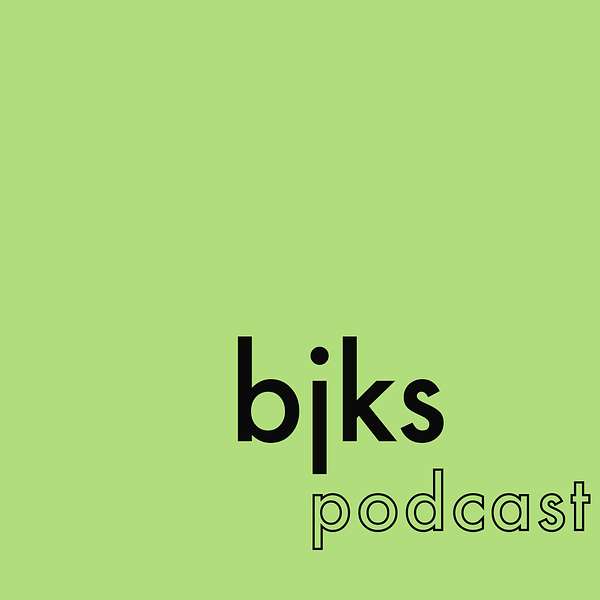
BJKS Podcast
A podcast about neuroscience, psychology, and anything vaguely related. Long-form interviews with people whose work I find interesting.
BJKS Podcast
25. Désirée Brucks: Inequity aversion in dogs, ecologically realistic experiments, parrots help others obtain food rewards
Désirée Brucks is a postdoc at the University of Giessen and studies social cognition in animals, having worked with dogs, wolves, parrots, and a few more species. She is currently studying farm animals. In this conversation, we talk mainly about her work on inequty aversion in dogs and helping behaviour in parrots. Along the way, I get to ask all sorts of questions about animal cognition.
BJKS Podcast is a podcast about neuroscience, psychology, and anything vaguely related, hosted by Benjamin James Kuper-Smith. New conversations every other Friday. You can find the podcast on all podcasting platforms (e.g., Spotify, Apple/Google Podcasts, etc.).
Timestamps
0:00:05: How has COVID affected work with animals?
0:02:52: What is Désirée currently studying with farm animals?
0:16:02: Parrots in Heidelberg
0:25:44: Curious cows
0:34:29: Inequity aversion in dogs
0:55:03: Ecologically realistic experimental settings
1:06:47: What's it like to get lots of media attention for a study?
1:11:37: Parrots help others obtain food rewards
1:26:37: Fission-fusion dynamics
1:36:55: What can we learn from studying animals about human cooperation?
Podcast links
- Website: https://bjks.buzzsprout.com/
- Twitter: https://twitter.com/BjksPodcast
Désirée's links
- Website: https://www.uni-giessen.de/fbz/fb09/institute/ith/tierhaltung/team/brucks
- Google Scholar: https://scholar.google.de/citations?user=_xHumxIAAAAJ
Ben's links
- Website: www.bjks.blog/
- Google Scholar: https://scholar.google.co.uk/citations?user=-nWNfvcAAAAJ
- Twitter: https://twitter.com/bjks_tweets
References
Brosnan, S. F., & De Waal, F. B. (2003). Monkeys reject unequal pay. Nature.
Brucks, D., & von Bayern, A. M. (2020). Parrots voluntarily help each other to obtain food rewards. Current Biology.
Brucks, D., Essler, J. L., Marshall-Pescini, S., & Range, F. (2016). Inequity aversion negatively affects tolerance and contact-seeking behaviours towards partner and experimenter. PLoS One.
Brucks, D., Range, F., & Marshall-Pescini, S. (2017). Dogs’ reaction to inequity is affected by inhibitory control. Scientific Reports.
Henrich, J., Heine, S. J., & Norenzayan, A. (2010). Most people are not WEIRD. Nature.
McGetrick, J., Brucks, D., Marshall-Pescini, S., & Range, F. (2020). No evidence for a relationship between breed cooperativeness and inequity aversion in dogs. PloS One.
Nagel, T. (1974). What is it like to be a bat?. The philosophical review.
The video of the African Greys exchanging tokens to help the other: https://twitter.com/newscientist/status/1215658204866191361
The green parrots that live in Heidelberg: https://en.wikipedia.org/wiki/Rose-ringed_parakeet